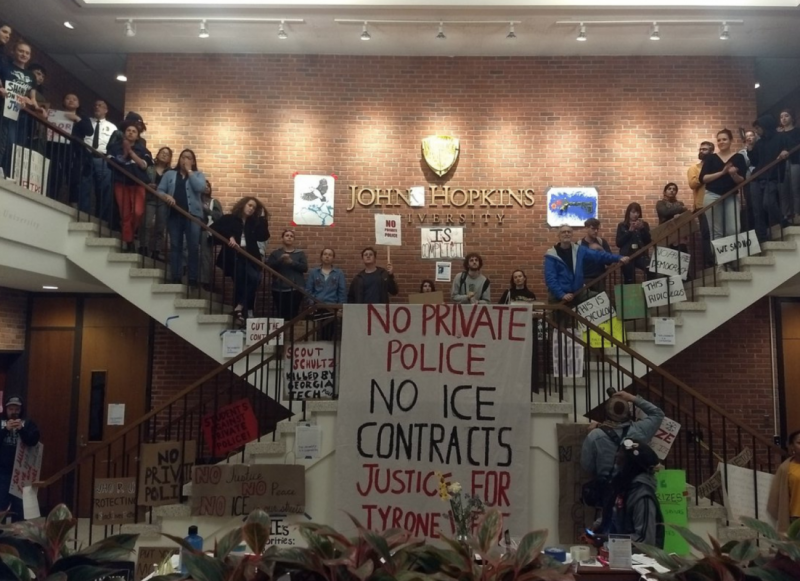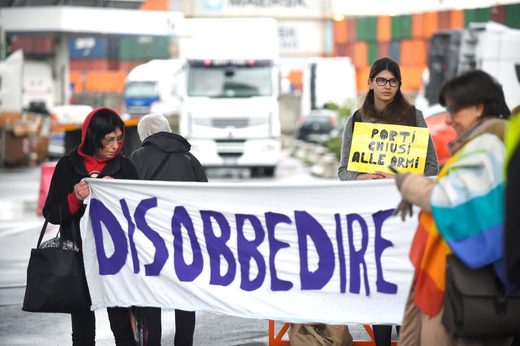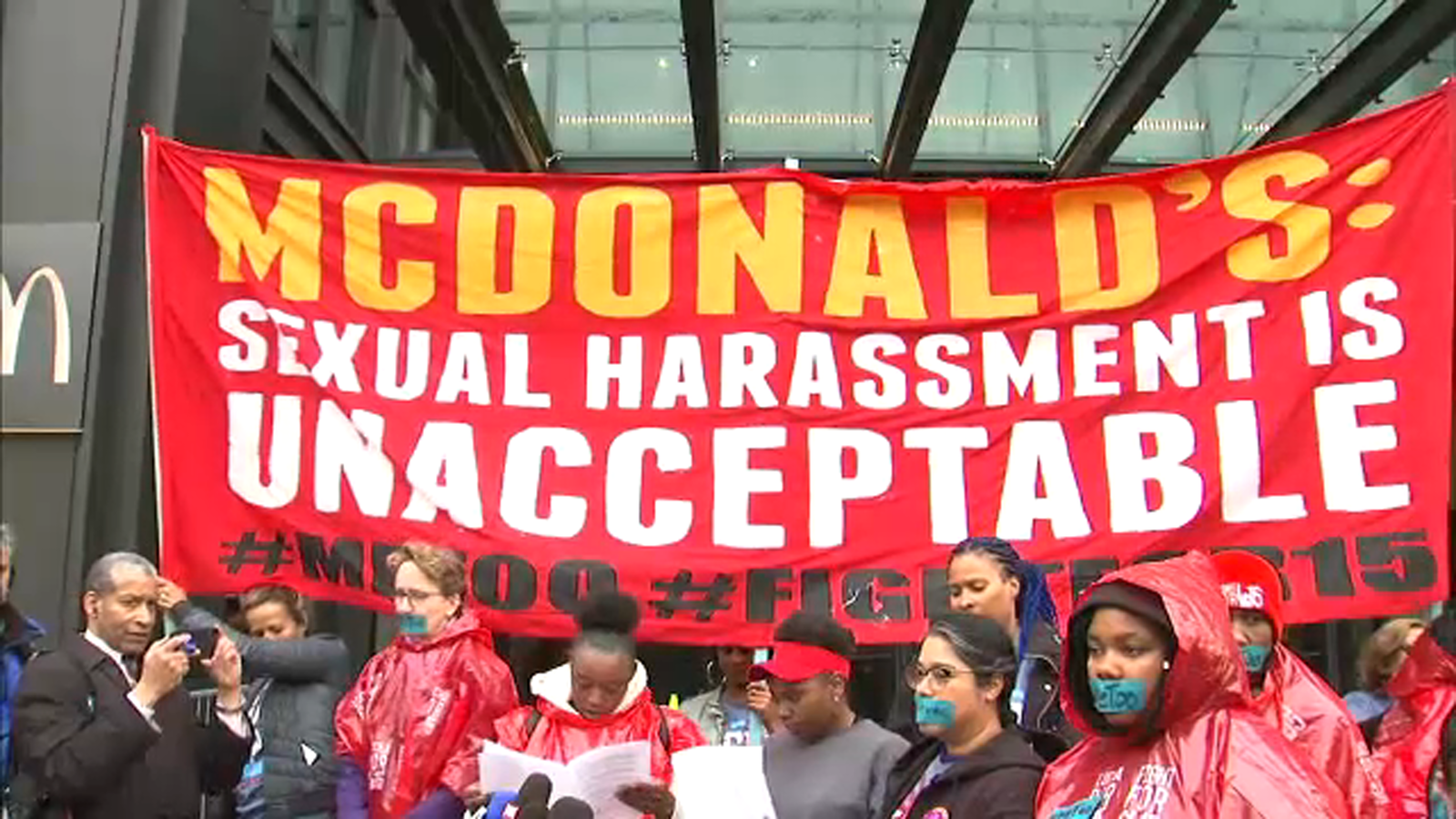By Jennifer Lin
Contingent workers—temporary and part-time workers and independent contractors—have been steadily replacing full-time workers at colleges throughout the country. This trend reflects how the core mission of higher ed has shifted away from education. Most of tuition is spent on an excess of administrators and amenities (like luxury dining halls and shiny new squash courts) designed to convince students that a college education is a worthwhile ‘consumer experience.’ Colleges are run like businesses in which professors are being exploited and education has become a commodity stripped of value.
Businesses thrive off contingent labor. By classifying workers as independent contractors, businesses can avoid having to pay a minimum wage or provide any benefits. College administrators perpetrate this form of exploitation by hiring adjuncts. Adjuncts are part-time professors with semester-long contracts. They are constantly working to secure jobs for the next term, and classes often disappear without notice, meaning they have absolutely no job security. Most have to teach at multiple colleges just to make ends meet.
Adjuncts make less than half the salary that full-time faculty do, and they are denied health insurance and pension contributions. 31% of part-time faculty are living at or near the federal poverty line, and one in four families of part-time faculty qualify for Medicaid and food stamps. This is the purgatory of contingent life, in which adjuncts toil incessantly but are denied the rights that their full-time coworkers previously struggled to win.
Students also suffer from the exploitation of adjuncts’ labor. Adjuncts are often hired a few days prior to the beginning of the semester, so they have less time to prepare for their classes. They are often assigned lower-level and introductory courses, which mostly include students who need the most assistance. The time adjuncts need to spend updating their courses, commuting between classes, and working extra jobs—just so they can pay rent and health insurance—takes a massive toll on their psychological and physical well-being, placing serious constraints on their ability to give students the intensive mentoring they might need.
In response to this crisis, adjuncts have been organizing across the nation. Recently, members of the Graduate Employees Organization (GEO) at the University of Illinois at Chicago (UIC), a student union, went on strike. Many of them are international grad students working as part-time teaching assistants. They demanded that the administration pay them fair wages, cover health care costs, and reduce exorbitant student fees. Prior to striking, the union increased membership, invited students to participate in bargaining sessions, and organized informational pickets. Undergraduate students boycotted classes and organized a rally in solidarity with the strikers. Through their organizing, students managed to freeze enrollment fees, reduce health care costs, and secure a 14% wage increase. Despite the fact that many students didn’t have any experience organizing, the GEO won a significant victory that inspired the professor union, the UIC United Faculty, to hold their own strike less than a week later.
For some of us, college remains a bastion of higher learning. However, we must not forget that colleges are capitalist institutions; they are just as likely to exploit workers as any other business. Tuition is skyrocketing, and less and less of that money is being used to pay workers. Contrary to what administrators might have you believe, colleges have more than enough money to employ full-time faculty and to provide quality education at a low cost, but they will not do so unless we students and professors collectively organize to demand what is justly ours: fair pay and quality education. The future of higher ed is in our hands.



